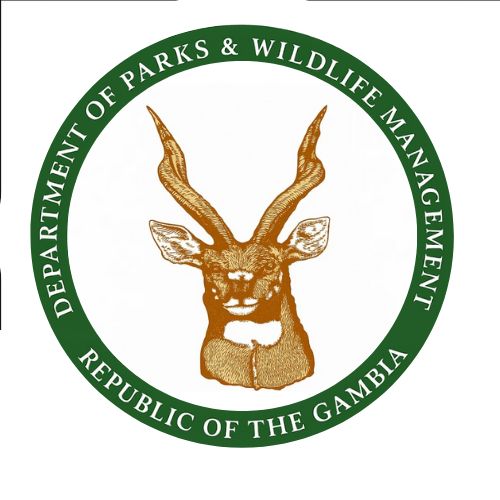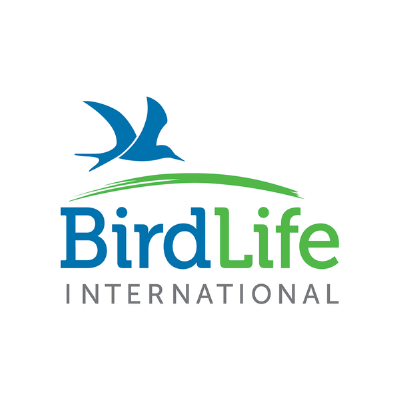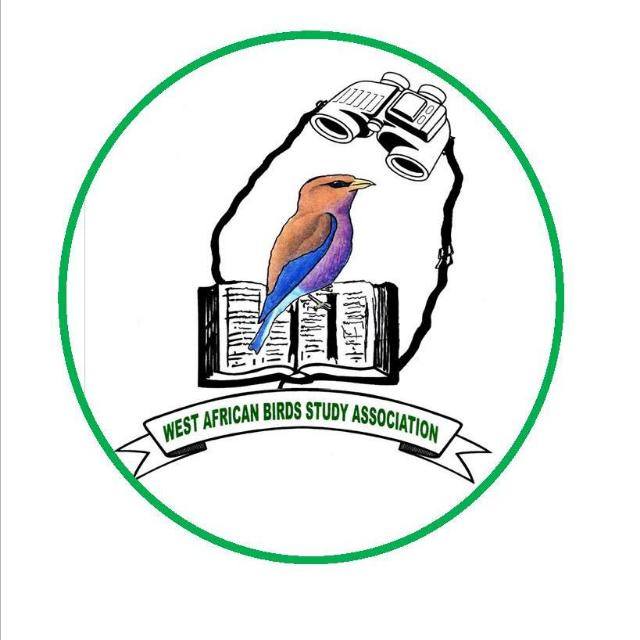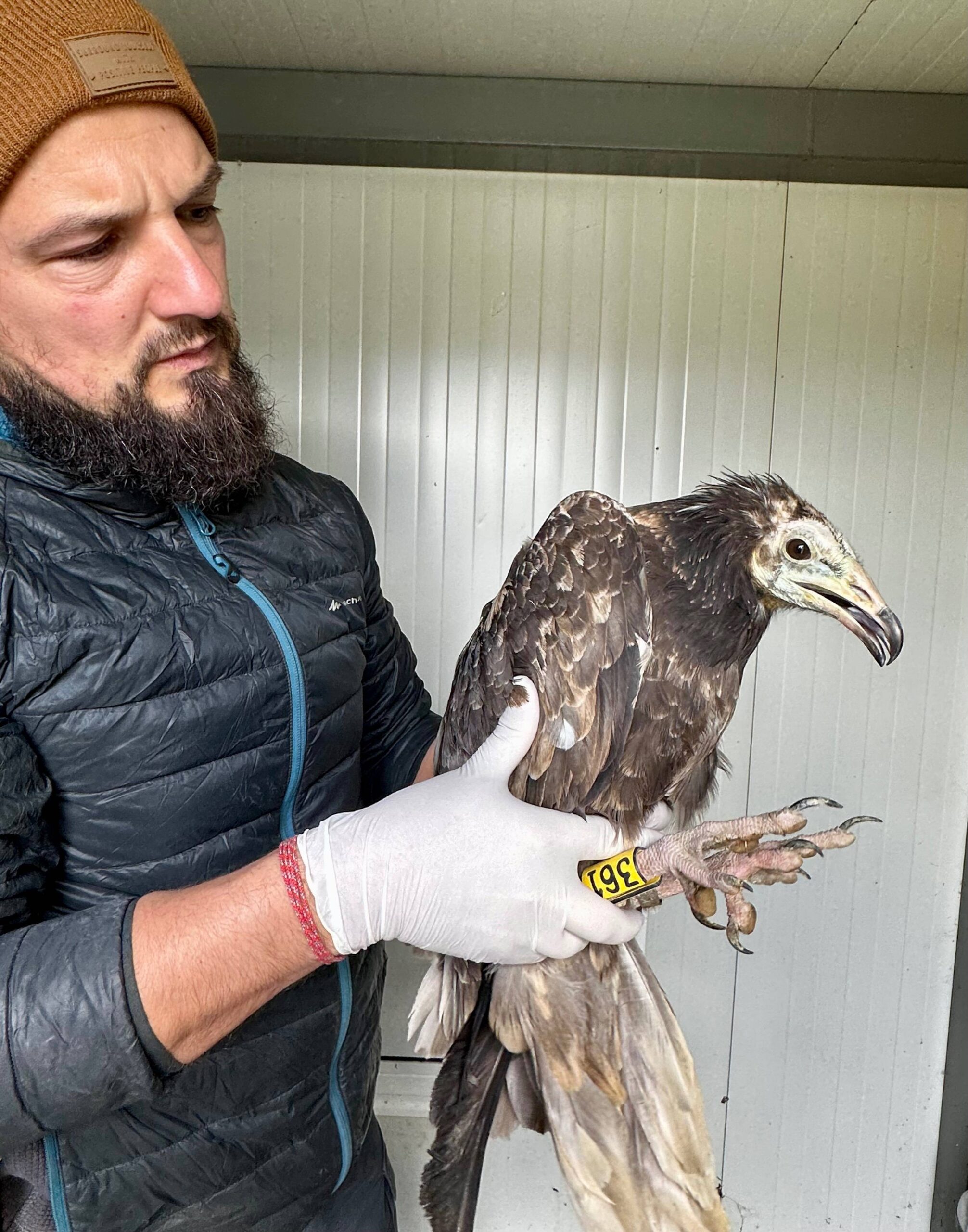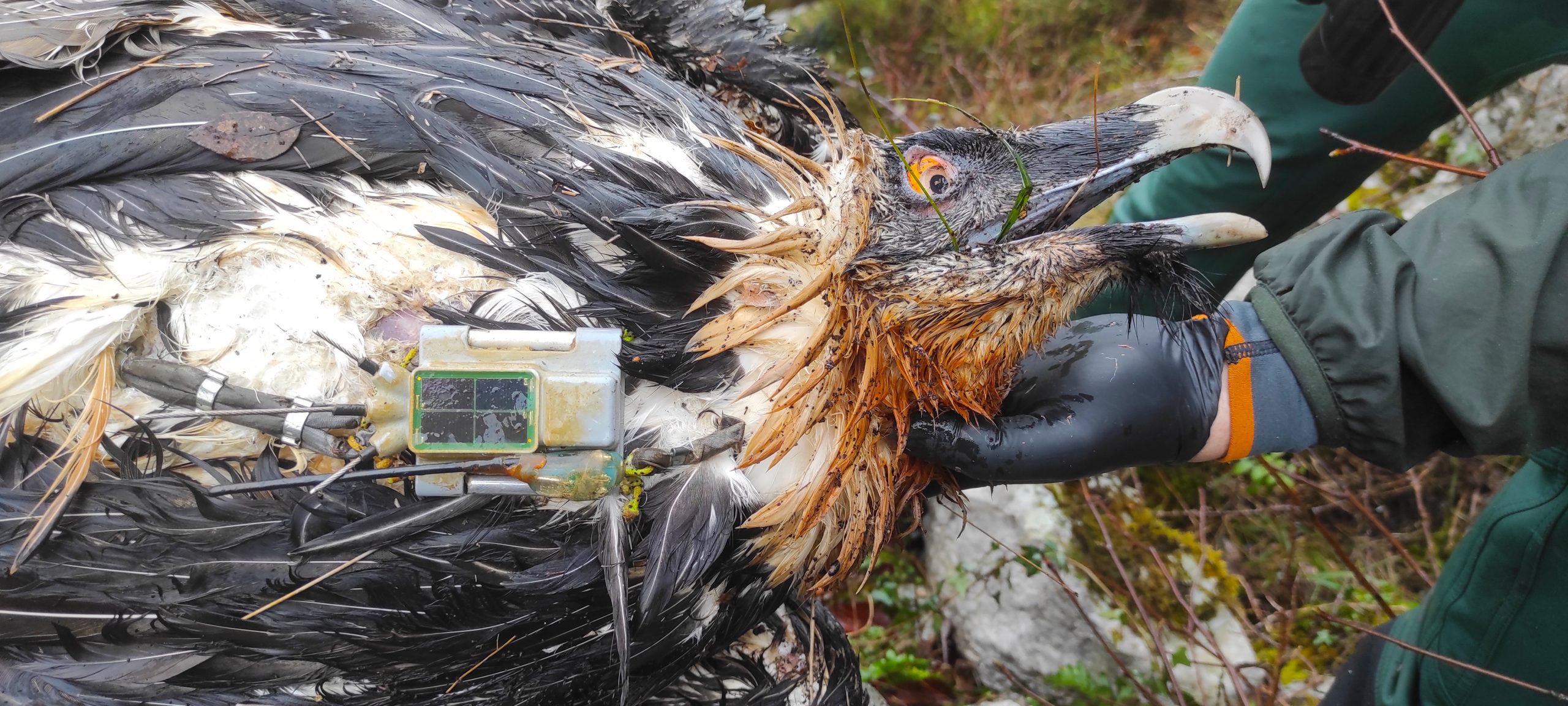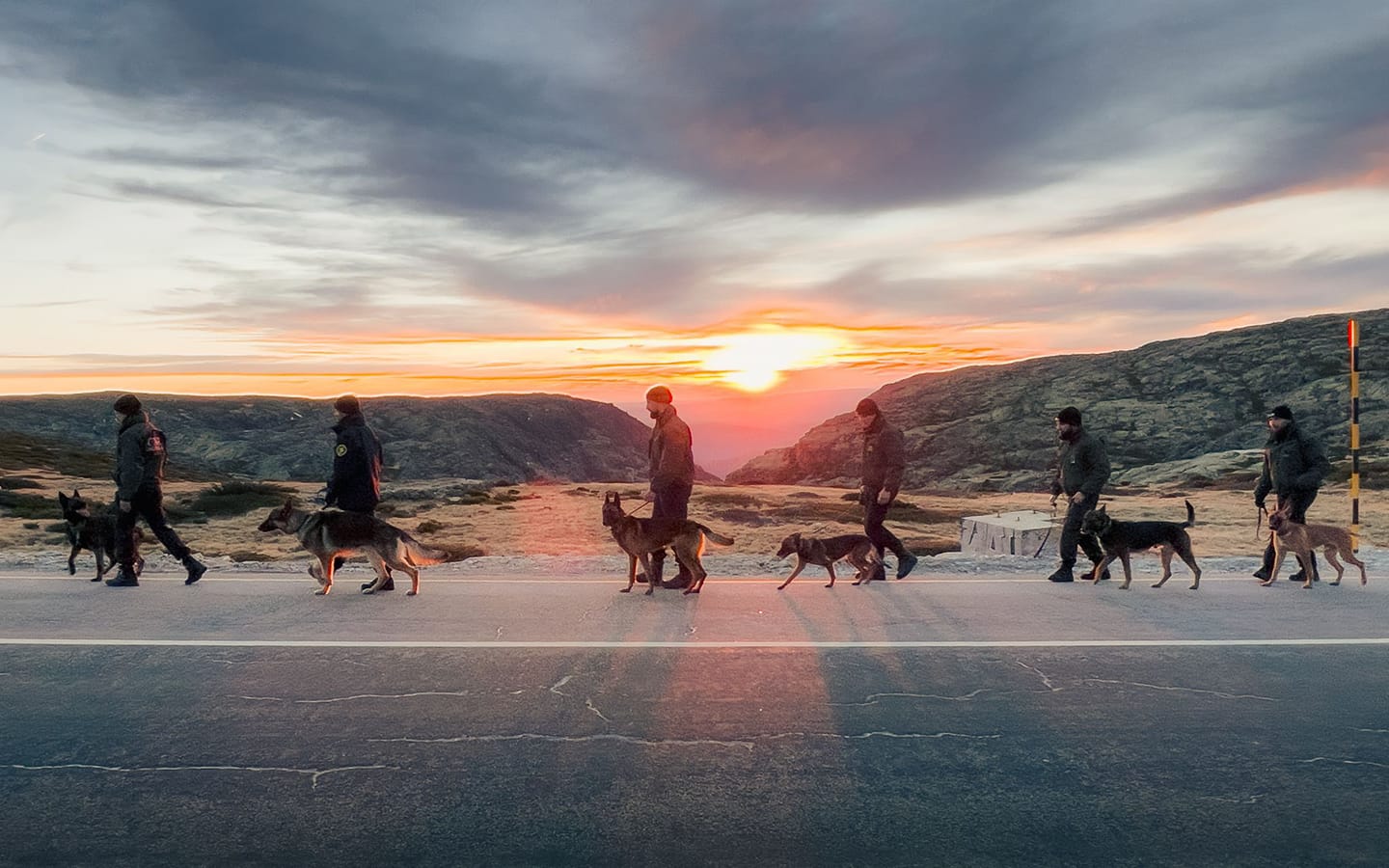Following major poisoning incidents that occurred in The Gambia this summer, CMS Raptors MOU, Vulture Conservation Foundation and Birdlife International organised, on request of the Gambian authorities, a mission to increase the capacity of the national agencies and NGOs in addressing wildlife poisoning events and discussing other vulture conservation and monitoring priorities.

The Intergovernmental, governmental and non-governmental conservation community united in response to five major poisoning incidents that resulted in the deaths of nearly one hundred Critically Endangered (IUCN) Hooded Vultures (Necrosyrtes monachus) between May and July 2025. Investigations and toxicological analyses indicated that the vultures had been deliberately poisoned and decapitated, reportedly in connection with illegal trade and traditional practices. Two suspects were arrested in relation to one of the incidents, with support from local communities.
Together for a mission
The use of poisoned baits to target vultures in one of the remaining strongholds for Hooded Vultures poses a serious risk to this species’ survival in the region. These incidents also highlight the need to strengthen the preparedness and response capacity among local authorities and conservation partners in addressing wildlife poisoning events. In light of this, the Gambian government, as a Signatory to the Raptors MOU, called for the support of the MOU and of conservation NGOs which joined forces to share their experience and technical expertise with their Gambian counterparts.
This week, the CMS Raptors MOU, Vulture Conservation Foundation (VCF) y Birdlife International are leading a mission with the Department of Parks and Wildlife Management and the West African Bird Study Association (WABSA) to strengthen capacity among key stakeholder groups, including government agencies, to prevent and respond to illegal wildlife poisoning incidents. The mission builds on a similar initiative undertaken in 2022 in Guinea-Bissau, following the intentional poisoning of approximately 2,000 Hooded Vultures.
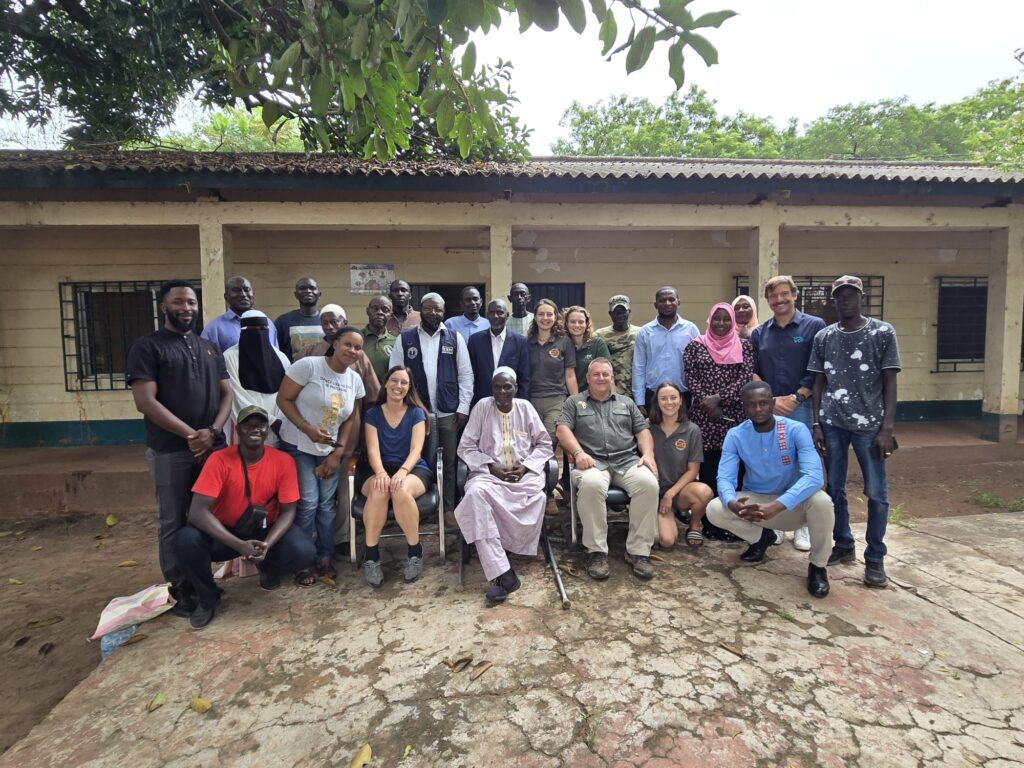
A wider conservation emergency
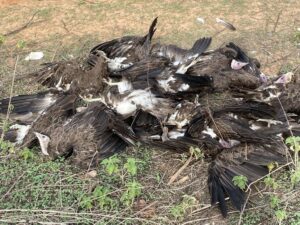
Mass poisoning events linked to the use of vulture body parts for belief-based practices remain a recurring threat across parts of Africa. Earlier this year, two additional incidents were recorded in the Kruger National Park y Lionspruit Game Reserve near Marloth Park. Such events have far-reaching impacts on local ecosystems, with serious consequences for both human and wildlife health, as well as for already threatened vulture populations.
Vultures play a vital ecological role by consuming carcasses and reducing the spread of diseases, thanks to their highly acidic digestive systems that destroy harmful pathogens. The decline of these scavengers undermines one of nature’s most effective mechanisms for disease control. Hooded Vultures are often found near human settlements where they help clear organic waste. This proximity with humans, makes them also vulnerable to persecution.
La CMS Raptors MOU, Vulture Conservation Foundation (VCF) y BirdLife International (BLI) remain committed to supporting local agencies in their efforts to protect vultures and other wildlife species. This collaboration demonstrates the power of international partnership and collective strength of conservation communities: together, we can make a difference.
